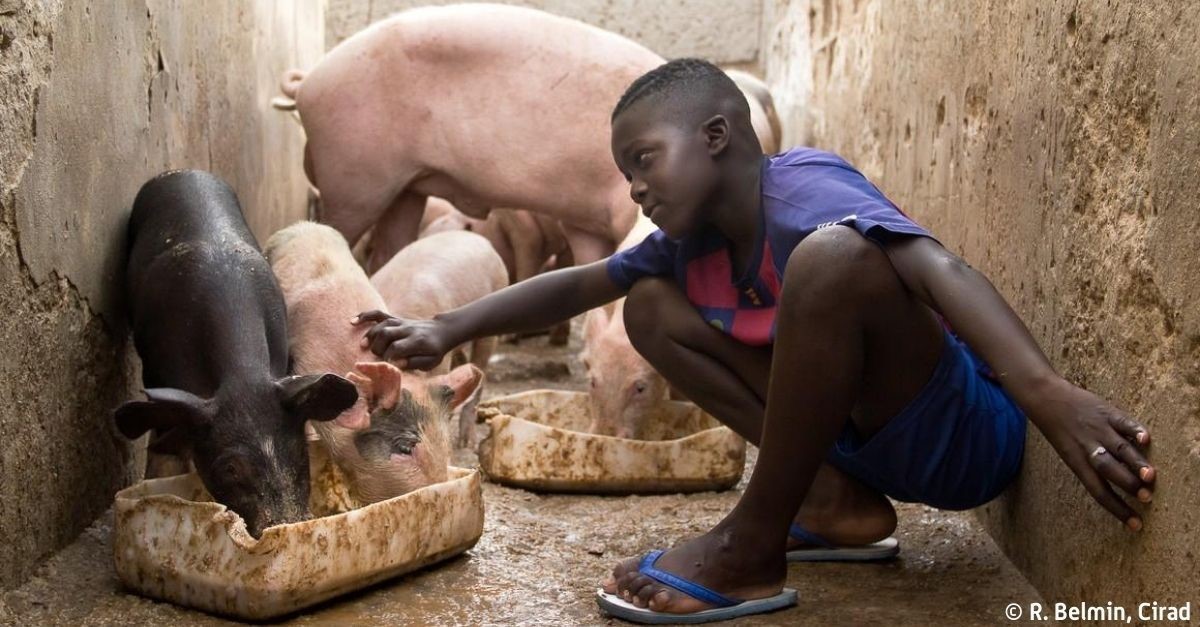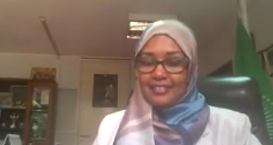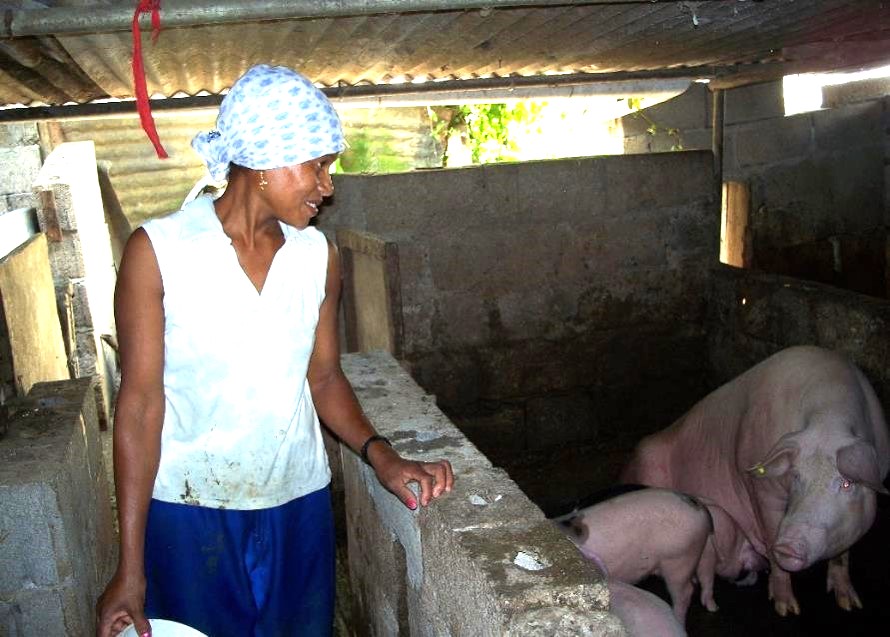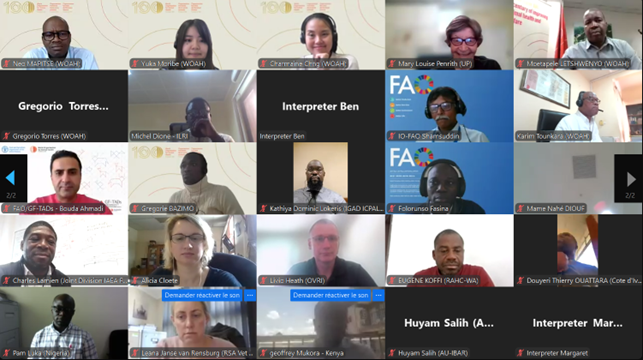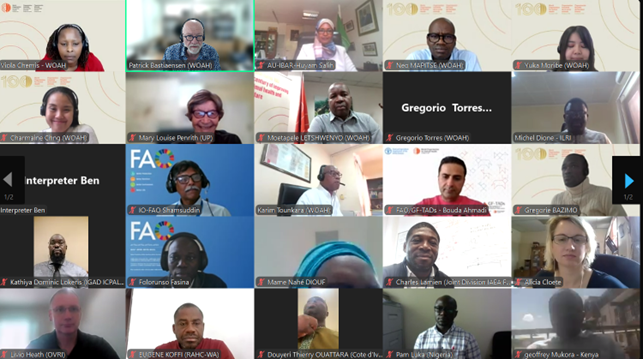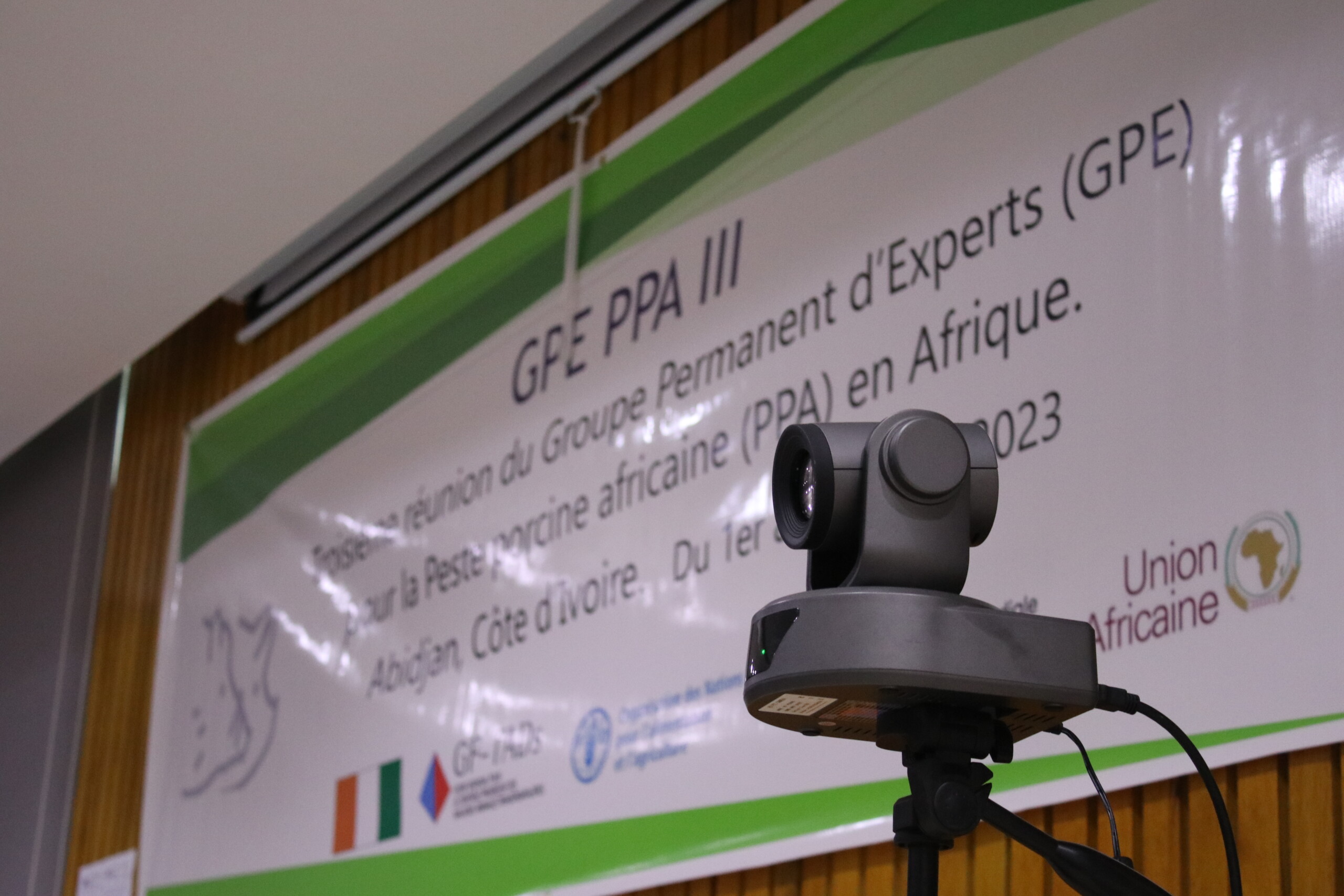
Picture (c) Raphael Belmin (CIRAD)
The meeting, hosted by the GF-TADs Regional Secretariat in Nairobi, was attended by an average of 35 persons per session, out of 60 registered participants. Over the three days, a total of 46 participants connected.
18% of the participants were women.
CVO’s / WOAH Delegates in attendance were from Cabo Verde (Analina Pereira), Cameroon (Garga Gonne) and Eswatini (as Vice-President of the Regional Steering Committee, Roland Dlamini).
Overall, the countries represented (out of ten members) were :
in addition to a presentation made by Eswatini, as Chair of the SADC LTC Epidemiology and Informatics Sub-Committee (EISc).
The meeting was further attended by Members, Observers and Experts, from:
In terms of the main topic of the meeting, outbreak response, there was significant interest around the use of compensation by some Members and how this was applied to ensure compliance. Zoning was not felt to be particularly practical for implementation considering large terrestrial borders; compartmentalisation was seen as a more practical tool for disease control with better feasibility as this could be applied by the private sector. Some countries have developed control and policies but the challenge remains with implementation and enforcement of policies at national level to support early detection and outbreak management.
A comprehensive report will be drafted and circulated, in French and English shortly. Preparations will start in earnest to organise SGE V, which will focus on “vaccines and vaccination”, possibly mid-2025.
It is my honor to welcome you all to the 4th meeting of the standing group of experts on African Swine Fever (ASF) under the Global Framework for the Progressive Control of Transboundary Animal Diseases (GF-TADs). Your presence here today reflects our collective commitment to tackling one of the most significant threats to animal health and livelihoods in Africa and beyond.
ASF continues to challenge our efforts to ensure food security, economic stability, and rural development. Its devastating impact on pig populations, farmers, and communities across the continent cannot be overstated. This underscores the urgency for coordinated, science-based actions that we are gathered here to address.
ASF represents a great risk to Sub-Saharan Africa, considering great challenges including and not limited to the disease nature with the wildlife reservoirs, the limited veterinary infrastructure and the weak surveillance, also in the first place the traditional pig farming and limited biosecurity practices, cross borders and informal trade, and above all the lack of effective commercial vaccines due to the virus strains variability and mutations.
For all these challenges the current fight against ASF in Africa should largely relies on biosecurity measures, early detection, and disease management strategies; While ensure continued investment in vaccine research, field trials, and global cooperation is essential to eventually bring a safe, effective, and accessible ASF vaccine to the market, which could drastically reduce the disease’s devastating impact on African pig farming.
At AU-IBAR we commend the partnership and collaboration between the teams of the AU STOs (IBAR & PANVAC), FAO, WOAH and ILRI for the technical support through the development of the previous and current strategies, where the latest continental ASF control strategy was handed gratefully to AU-IBAR by the FAO ADG for Africa in Sep 2023.
This meeting is a crucial platform for us to share knowledge, review progress, and fine-tune efforts that will enhance our capacity to combat ASF. I am confident that with your expertise and collaboration, we can move closer to our shared goal of controlling ASF.
I wish you all productive discussions and look forward to the concrete outcomes that will emerge from this expert gathering.
I thank you
